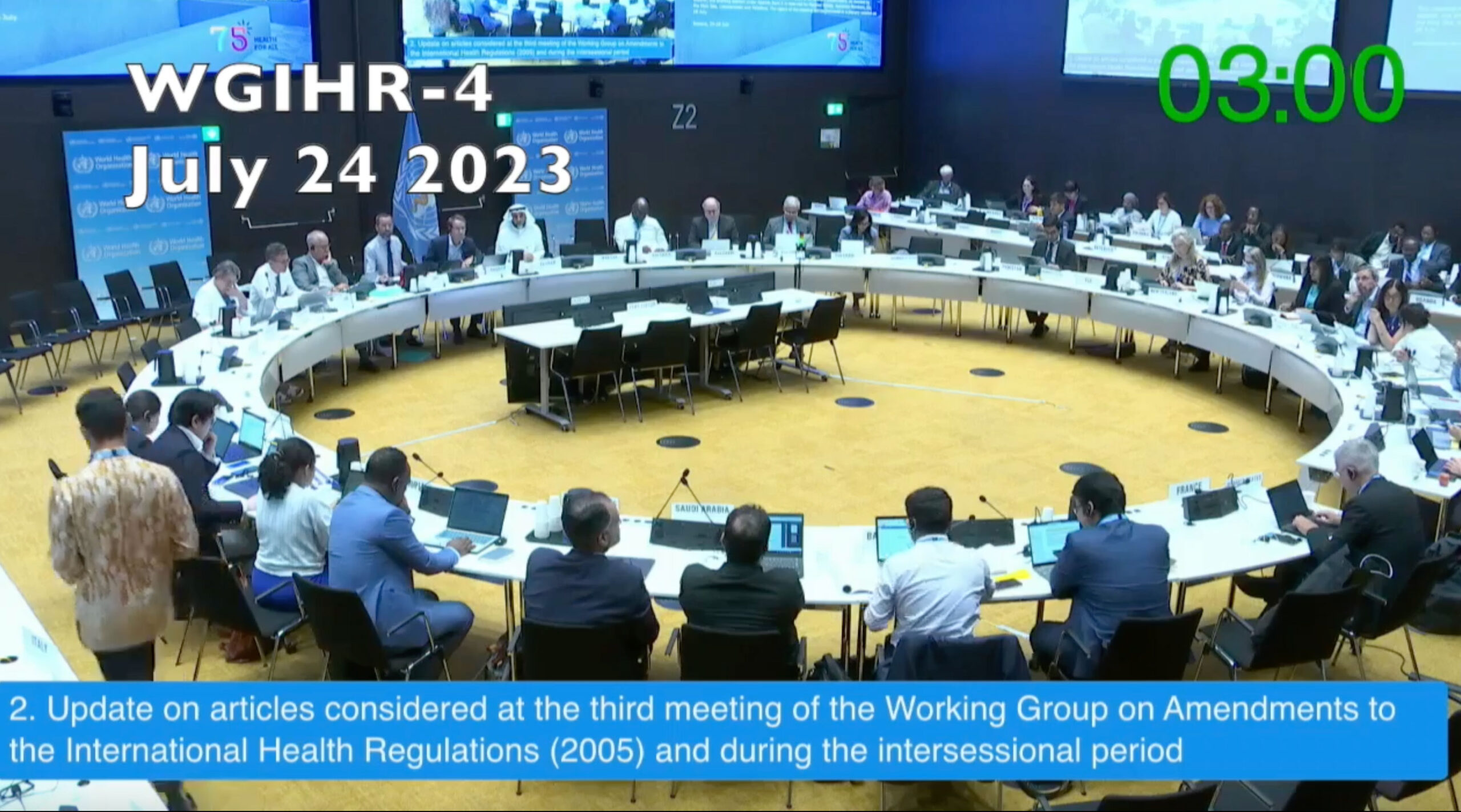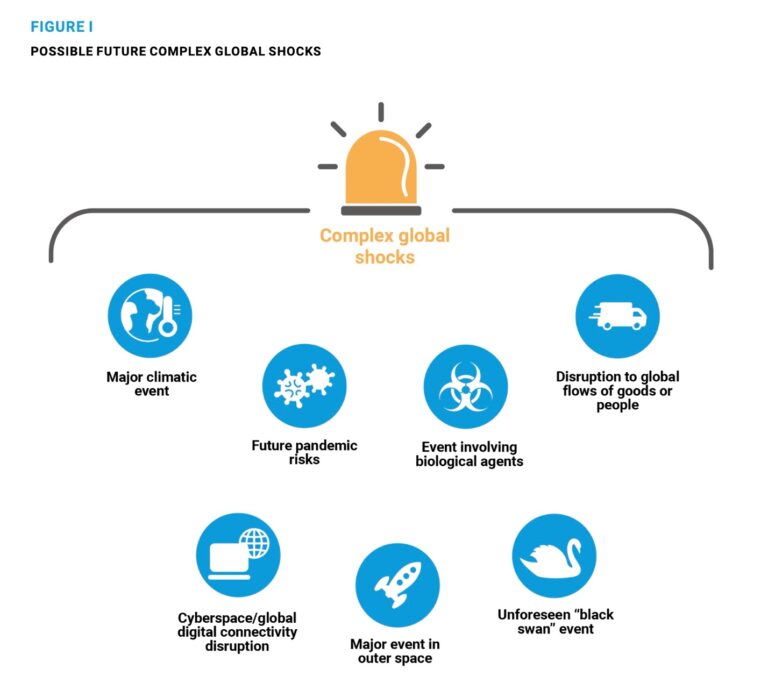Iran, as well as New Zealand, rejected the May 2022 International Health Regulations (IHR) amendments that speeded up the global biosecurity agenda—and announced it 6 months ago.
That means that for these two countries, future amendments to the IHR will not come into force until 24 months after approval (not 12 months), and these nations have 18 months (not 10 months) to reject or make a reservation against all future amendments.
Have other countries also quietly rejected the US-proposed 2022 amendments?
Did Slovakia? What about other “enemies” of the UK-US, like North Korea?
Ask your governments what they did!
At the opening session of WGIHR-4 on July 24, 2023, Iran notes that they rejected the May 2022 amendments because they reduce the amount of time for reservation or rejection.
Full Statement from Iran
Iran’s full statement of their concerns that the negotiations are so extensive they could reopen the entire instrument to legal challenges.








